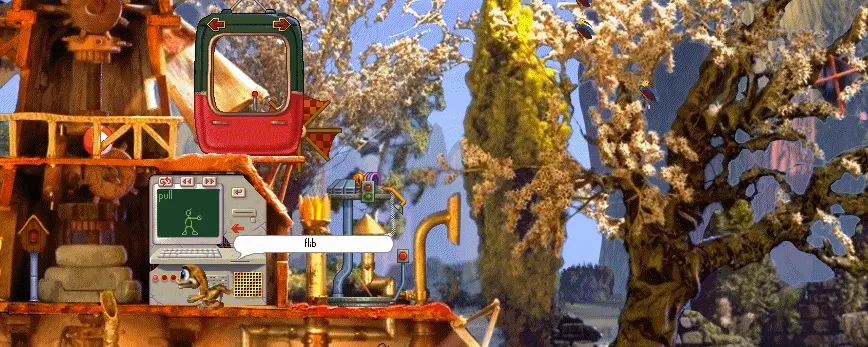"Girly" games, programming, and the fractal gender binary
March 30, 2014
Last week GOG had the Creatures series of video games on sale, and I couldn’t resist getting a copy that would run on my current computer and spending an evening immersed in gaming nostalgia.
As a kid and a teenager, I was fortuate enough to have easy access to the family computer (and later my own machine), and I spent many happy hours raising imaginary animals, figuring out how to access the alt.games.creatures newsgroup, downloading game add-ons and trying to build my own.

I was similarly fascinated with the Petz games, and loved breeding strange hybrid animals and trying my hand at editing the files that defined the appearance of the cats and dogs in the game. (If you want to see some amazing examples of the game being pushed to its limits, this tumblr is hilarious.) I learned how to build websites in part so I could share the things I had made.
Then I discovered MU*s, which, besides being ridiculously fun, greatly improved my writing ability and introduced me to friends I still have, over a decade later.
Looking back, I am amazed at all of the technological skills I learned in the context of playing these games I loved, that I would otherwise have been too intimidated to try. Editing Petz breeds required using a hex editor and reading documentation from others who had reverse-engineered the file format. MU*s had their own Lisp-like and Forth-based programming languages that I learned to use, as well as many admin commands inspired by UNIX. (Not that I realized that, at the time. The first time I used chmod on a web server many years later I was startled that it was familiar!)
What also amazes me is that I did all these things, and yet never really considered myself the kind of person who could be a programmer. I was nerdy, sure, but programming was this lofty skill that I was sure was probably beyond me.
It is hard to say now exactly why I felt that way (and I certainly don’t remember ever being explicity discouraged from liking technology or having a career in it), but it seems likely to me in retrospect that I knew these were “girly” games, and my activities were not things “real” people who were into technology would do. People who became programmers wrote Quake mods, not custom breedfiles so they could have horses in their virtual pet game.
I think this Sociological Images post by Lisa Wade on the fractal nature of the gender binary provides an interesting framework for thinking about this1. Playing games and creating your own add-ons for them is stereotyped as a masculine activity. But within that category there are more and less feminine games. First person shooters? Masculine (and, thus, cooler). Virtual pets? Feminine (and so not as cool). Even text-based RPGs, a very specific and tiny subcategory of games, have gender stereotypes: MUDs (which have stats and combat systems) are for dudes, while MUCKs (which are largely for free-form roleplay) have many more female players (or so everyone assumed when I played them, I’m not sure if it was actually true).
Even now that I am a programmer (and let’s pretend I didn’t feel a tiny bit hesitant saying that), this fractal nature of the gendering of things---and so also their relative value---reappears. Front-end web development seems to attract a greater proportion of women (though I admit I can’t find hard data on this), and I don’t think it is a coincidence it is considered “easier” than other programming specialties.
I don’t really have a neat conclusion to these thoughts, except that gender and the ways we categorize the world are complicated, and we still have a lot of work to do to make everyone feel welcome in technology (and everywhere else).
Footnotes
-
Just to be clear, I think that assuming gender is binary sucks (besides being, oh, totally inaccurate), and I wish things weren’t socially classified this way. But these assumptions definitely exist. ↩